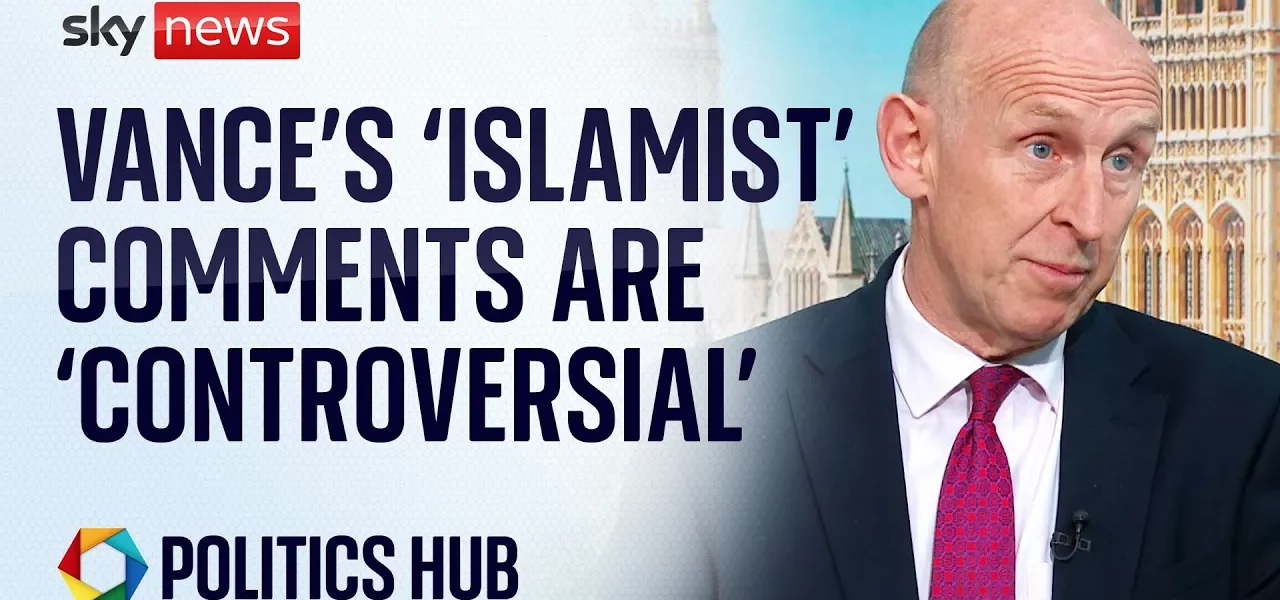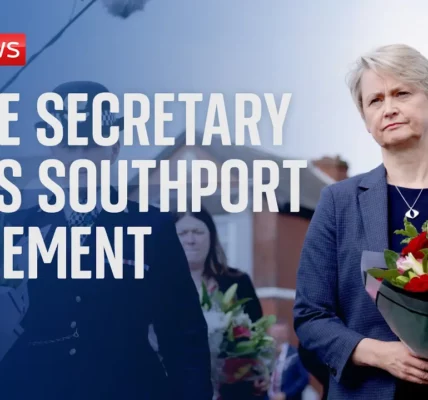UK’s Strategic Defense Review: Balancing National Security and Public Finances

This article explores the recent announcements surrounding the UK’s Strategic Defense Review led by Defense Secretary John Healey. We delve into the implications for national security, the importance of defense spending, and the evolving global landscape that necessitates such measures.
Introduction
The UK government has recently initiated a Strategic Defense Review aimed at addressing the pressing security challenges posed by a rapidly changing global threat landscape. This review, overseen by Defense Secretary John Healey, is significant not only for its implications on national security but also for its commitment to increase defense spending to 2.5% of GDP. This article will provide a comprehensive overview of the review’s context, objectives, and anticipated outcomes.
Context and Motivation Behind the Review
The decision to conduct a Strategic Defense Review is driven by several factors:
- Increased Global Threats: The landscape of international relations has become more volatile, with various nations exhibiting aggressive posturing.
- Historical Spending Levels: The UK has not maintained defense spending at the proposed 2.5% level since 2010, highlighting a need for renewed commitment.
- Political Commitment: The Prime Minister’s announcement reflects the government’s manifesto pledges to enhance national security through adequate funding.
Key Components of the Strategic Defense Review
The review encompasses several critical elements designed to fortify the UK’s defense posture:
Leadership and Structure
Under the stewardship of John Healey, the review is notable for its inclusion of external experts, including former NATO Secretary-General Lord Robertson. This multi-faceted approach aims to integrate diverse perspectives and experiences into the evaluation process.
Assessment of Military Capabilities
A primary focus of the review is to assess the UK military’s capabilities in light of contemporary threats:
- Modern Warfare Considerations: The review will examine the evolving nature of warfare, particularly lessons learned from conflicts such as the ongoing situation in Ukraine.
- Resource Allocation: Decisions will be made about where to allocate resources effectively, ensuring that the armed forces can respond to emerging challenges.
- Future Readiness: Ensuring that the UK military is prepared for both current and anticipated future threats is paramount.
International Relations and Defense Spending
In the context of global politics, the UK’s defense strategy must align with its international commitments:
The Role of NATO
The UK plays a crucial role in NATO, a coalition of 32 nations dedicated to collective defense. The review emphasizes the importance of maintaining strong alliances:
- Unified Support for Ukraine: The UK’s commitment to supporting Ukraine against aggression is a significant focus of NATO discussions.
- Collaborative Defense Initiatives: The UK will work with NATO allies to bolster collective defense mechanisms.
Responses to Political Shifts
The review also considers the implications of shifting political dynamics, particularly in the United States. With figures like Donald Trump making statements regarding international relations, the UK must navigate these waters carefully:
Healey emphasized that the UK will maintain its strong alliance with whoever the American people elect, showcasing a commitment to continuity in defense collaboration.
Conclusion
The Strategic Defense Review represents a pivotal moment for the UK’s defense policy, balancing the need for robust national security with sound public finances. By committing to increase defense spending to 2.5% of GDP, the government acknowledges the necessity of addressing modern threats. As the review progresses, it will be crucial to monitor its recommendations and the government’s response to ensure the UK remains prepared for future challenges.
For more insights into defense policies and international relations, explore our related articles on defense policies and international relations.
“`




